Publications
Articles, publications, books, tools and multimedia features from the U.S. Institute of Peace provide the latest news, analysis, research findings, practitioner guides and reports, all related to the conflict zones and issues that are at the center of the Institute’s work to prevent and reduce violent conflict.
Question And Answer
Amid a Changing Global Order, NATO Looks East

Ambassador Hesham Youssef on a New Middle East Peace Quartet
With the Israeli-Palestinian peace process at a standstill, USIP’s Ambassador Hesham Youssef talks about a new, diverse quartet of states that can help reinvigorate talks, saying, “joining hands, they can influence both the Arab position and the European position.”
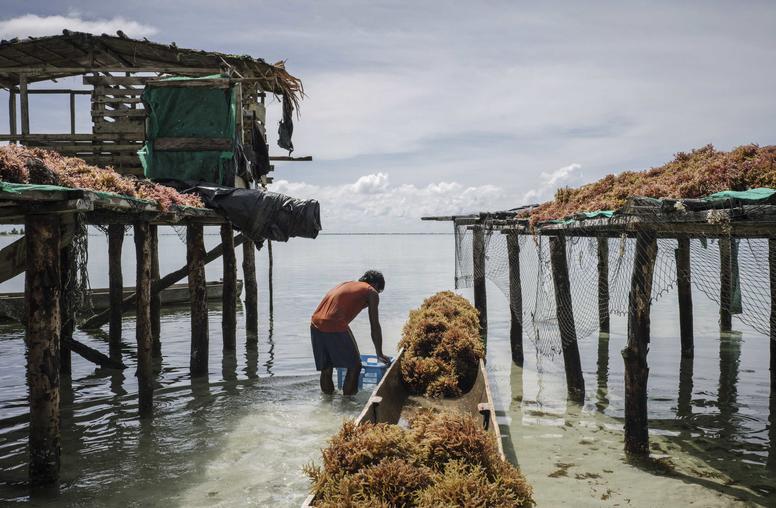
A Rising China Has Pacific Islands in Its Sights
As part of its bid to expand its influence across the world, China is emerging as an important diplomatic and economic partner for the small and far-flung Pacific Islands countries, but its engagement comes with challenges. As the economies of the Pacific Islands countries reel in the face of the COVID-19 pandemic, Chinese loans and aid are likely to become even more important in the coming months. China’s growing footprint in the region also brings a strategic challenge to the United States’ doorstep at a time when the U.S.-China relationship is under considerable strain.
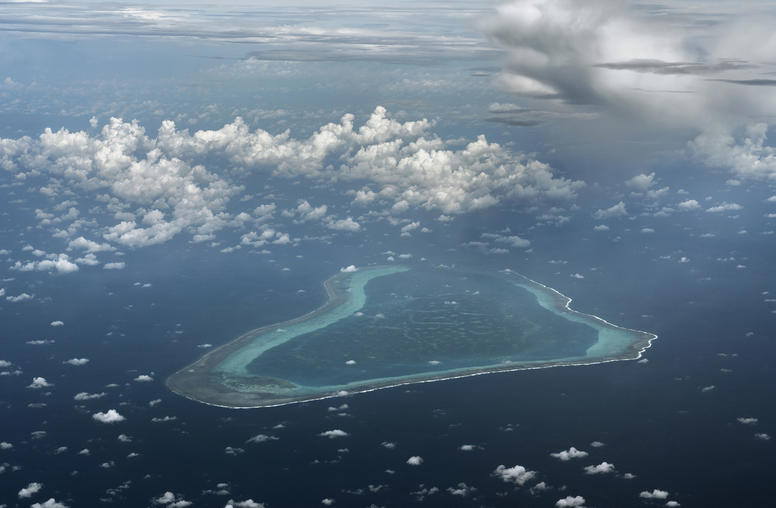
Tensions Rise as Washington Rejects Beijing’s Maritime Claims
Based on what Beijing calls “historic rights,” China claims vast swaths of the South China Sea, including waters and features also claimed by the Philippines, Vietnam, Malaysia, and Brunei. With no reference to international law, China’s “nine-dash-line” encompasses 80 percent of the South China Sea reaching as far south as more than 1,000 nautical miles from the China’s coast, within 50 nautical miles of Malaysia. Within these waters lie features occupied by China, the Philippines, Vietnam, Malaysia, and Taiwan, including three artificial islands that China built in 2012 and has since developed into military bases.

Brian Harding on U.S.-China Competition in Southeast Asia
As the United States and China focus more on Southeast Asia, USIP’s Brian Harding says the region’s 10 diverse nations have “become a pretty impressive bloc … [they] realize that U.S.-China competition is here to stay and they’re trying to do their best to navigate it and have agency of their own.”
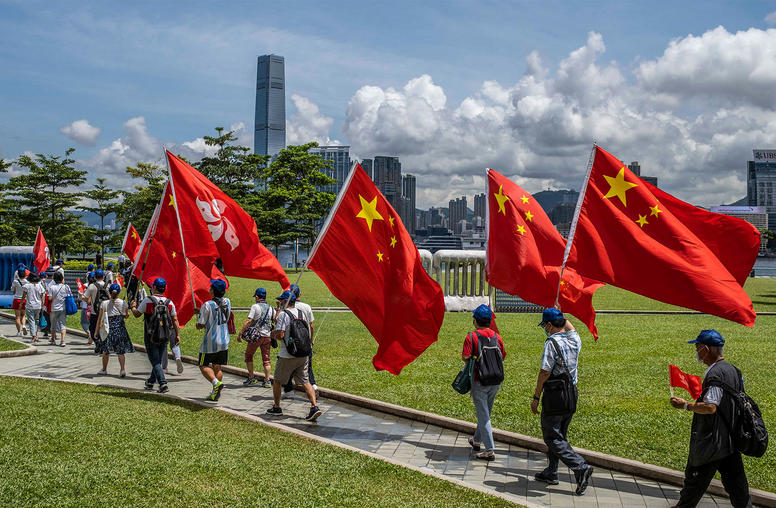
Beijing Builds Global Support for Draconian Hong Kong Law
China’s new national security legislation went into effect in Hong Kong late on June 30, giving Beijing new tools to control public discourse in the city, eliminating freedom of speech, mandating digital surveillance, and granting China extraterritorial powers to enforce the new law. In response, the United States has revoked Hong Kong’ special economic status and joined other democracies in condemning the law. Yet, a number of other countries have voiced their support for the legislation. By building a coalition of support for the new national security law, Beijing is not only tightening its grip on Hong Kong, but also trying to delegitimize critiques of China’s own domestic policies or system of government and strengthen global opposition to democratic values and the notion of universal human rights.
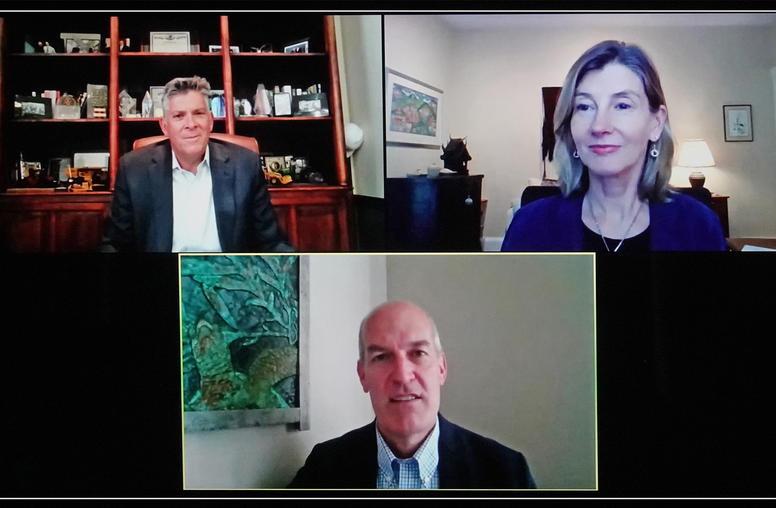
Partisan Lines Fade in Congress on China, Panel Chiefs Say
Bipartisan sentiment toward China has hardened over the past year in Congress, scrambling ideological lines as concerns grow more acute over democracy, trade, human rights, and national security, the co-chairs of the House U.S.-China Working Group said.
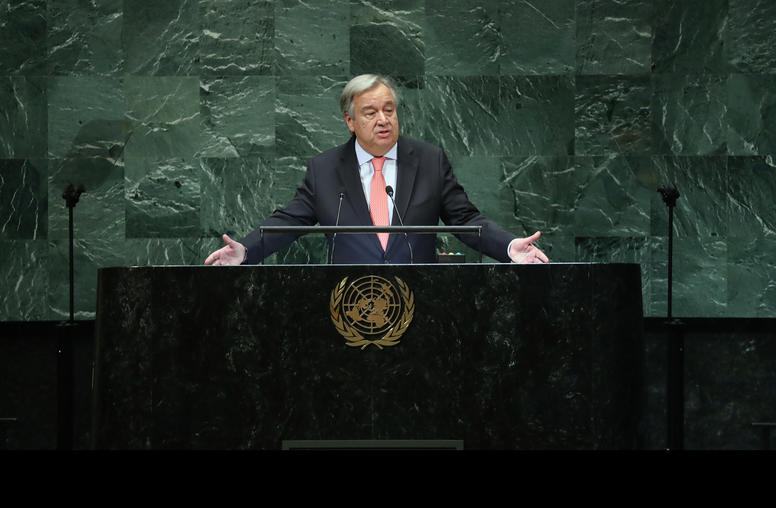
U.N. Finally Endorses a COVID Cease-fire: Will it Make a Difference?
After months of negotiation and diplomatic wrangling, the U.N. Security Council (UNSC) on July 1 unanimously adopted resolution 2532, endorsing U.N. Secretary-General Guterres’ late March call for a global cease-fire. Diplomats in New York hailed the resolution as an overdue win for multilateralism, while Pope Francis called for the resolution to be implemented “effectively and promptly.” Coming months after the secretary-general’s original cease-fire call and the global spread of the pandemic, will the resolution help bring peace?
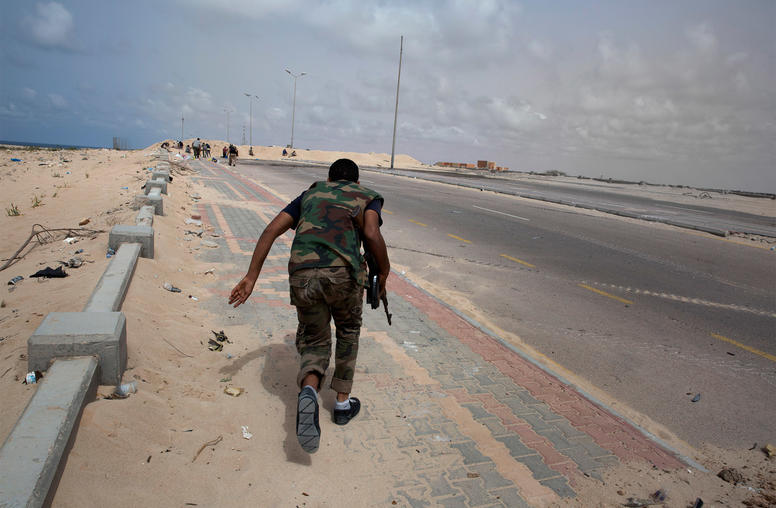
Four Things to Know About Libya’s Conflict and Foreign Interference
Libya’s post-2011 conflict has degenerated into a theater for regional and major power competition. The competing Libyan factions—the western-based, internationally recognized Government of National Accord (GNA) on one side and Khalifa Haftar’s forces and the Tobruk-based parliament on the other—each have significant foreign support that has only exacerbated the country’s existing conflict drivers. Despite repeated attempts by the international community to limit foreign interference, the major players only continue to deepen their involvement. What does this all mean for Libya’s political future and for its people? Here are four things you need to know.
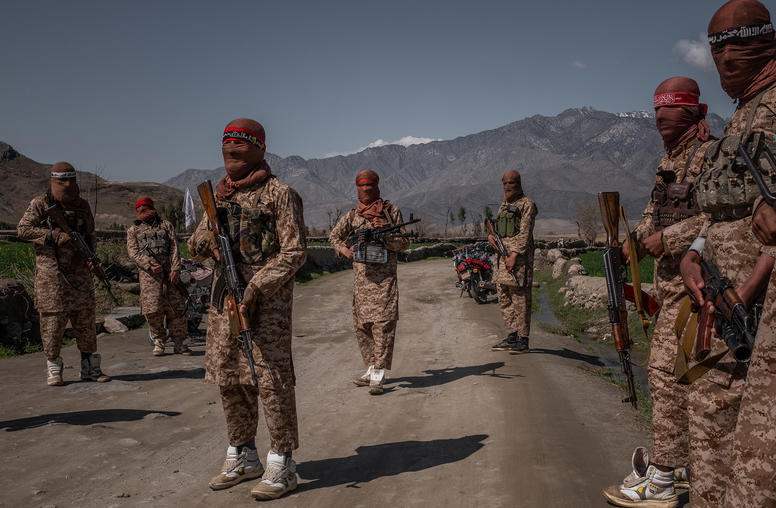
U.S., Russian interests overlap in Afghanistan. So, why offer bounties to the Taliban?
Recent intelligence reports indicating that Russian bounties paid to the Taliban to kill U.S. troops have bolstered American and Afghan officials long-held allegations that Moscow has been engaged in clandestine operations to undermine the U.S. mission in Afghanistan. Russia’s support for the Taliban, however, has largely been tactical in nature. Both Washington and Moscow ultimately have a converging strategic interest in a relatively stable Afghanistan without a long-term U.S. presence that will not be a haven for transnational terrorists. USIP’s Andrew Wilder looks at what this means for the decades-long Afghan conflict.

Sarhang Hamasaeed on the U.S.-Iraq Strategic Dialogue
As the United States and Iraq engage in important talks this month, USIP’s Sarhang Hamasaeed says the focus should be “Iraq-centric policy,” even as Baghdad “is under a lot of pressure from Iran and its allies … to use the dialogue to put pressure on the United States to withdraw its troops and limit U.S. influence.”